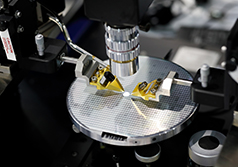The Importance of Regular Maintenance for Power Modules in PLCs
n today's fast-paced industrial landscape, automation plays a pivotal role in enhancing efficiency and productivity. Programmable Logic Controllers (PLCs) are at the core of industrial automation, serving as the brain that controls various processes. Within PLCs, power modules serve a critical function by supplying the necessary power to the system's components. Ensuring the consistent and optimal performance of these power modules is essential, making regular maintenance a key aspect of industrial operations.
Understanding Power Modules in PLCs
Before delving into the significance of regular maintenance, it's crucial to understand the role of power modules in PLCs. Power modules are responsible for converting the incoming electrical power to the appropriate voltage levels required by different components within the system. These modules ensure that various actuators, sensors, and other devices receive the right amount of power to function effectively.
The Impact of Neglecting Maintenance
Power Loss and Downtime: One of the primary consequences of neglecting regular maintenance is the increased risk of power module failure. When power modules malfunction or fail, it can lead to power loss in critical processes. This not only disrupts operations but also results in costly downtime.
Reduced System Efficiency: Without proper maintenance, power modules can gradually deteriorate over time. This deterioration may lead to inefficient power conversion, resulting in energy wastage and decreased system efficiency.
Safety Concerns: Malfunctioning power modules can pose safety hazards to both equipment and personnel. Overheating or electrical faults in power modules might lead to equipment damage or even electrical fires.
The Benefits of Regular Maintenance
Enhanced Reliability: Regular maintenance involves thorough inspections, testing, and cleaning of power modules. This proactive approach helps identify potential issues before they escalate, ensuring that the power modules remain reliable and perform optimally.
Extended Lifespan: Just like any other equipment, proper maintenance can significantly extend the lifespan of power modules. This reduces the need for frequent replacements, saving both time and money.
Optimized Performance: Well-maintained power modules contribute to consistent and optimized performance of the entire PLC system. This, in turn, leads to improved production efficiency and quality.
Cost Savings: Investing in regular maintenance might seem like an additional expense, but it's a small price to pay compared to the costs associated with unplanned downtime, emergency repairs, and replacements.
Implementing an Effective Maintenance Strategy
Scheduled Inspections: Establish a routine schedule for inspecting power modules. Regular visual inspections and functional tests can help detect issues early on.
Cleaning and Cooling: Keep power modules clean and ensure proper ventilation. Dust and debris can accumulate over time, affecting the module's heat dissipation capabilities.
Temperature Monitoring: Monitor the temperature of power modules during operation. Elevated temperatures can indicate potential problems and allow for timely interventions.
Updating Firmware: Stay updated with the latest firmware releases from manufacturers. Firmware updates often include improvements that enhance the performance and reliability of power modules.
Conclusion
In the realm of industrial automation, the role of power modules within PLCs cannot be underestimated. Their proper functioning directly impacts the efficiency, reliability, and safety of processes. Regular maintenance of power modules is not just a best practice; it's a necessity. By ensuring that power modules are well-maintained, industries can experience smoother operations, reduced downtime, and enhanced productivity.
FAQs (Frequently Asked Questions)
Q1: How often should power modules be inspected?
ANS: It's recommended to conduct visual inspections and tests on power modules quarterly or as advised by the manufacturer.
Q2: Can power module maintenance prevent all failures?
ANS: While regular maintenance reduces the risk of failures, it might not prevent all issues. However, it significantly lowers the chances of unexpected breakdowns.
Q3: Are there any signs that indicate a failing power module?
ANS: Yes, signs such as overheating, unusual noises, or inconsistent performance can indicate potential power module issues.
Q4: Is it necessary to hire professionals for power module maintenance?
ANS: While some maintenance tasks can be performed in-house, it's advisable to have trained professionals conduct thorough inspections and complex maintenance procedures.
Q5: How does regular maintenance impact workplace safety?
ANS: Regular maintenance enhances workplace safety by reducing the risk of equipment malfunctions that could lead to accidents or fires.
Subscribe to Us !
-
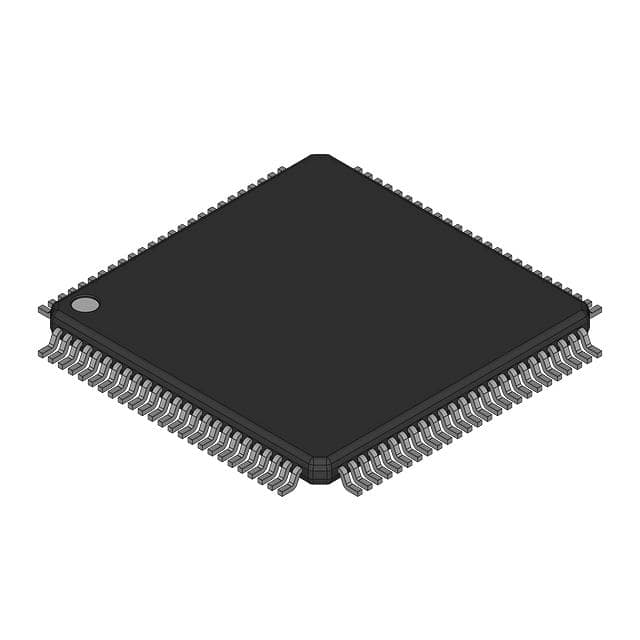 LV71081E-MPB-E
LV71081E-MPB-Eonsemi
-
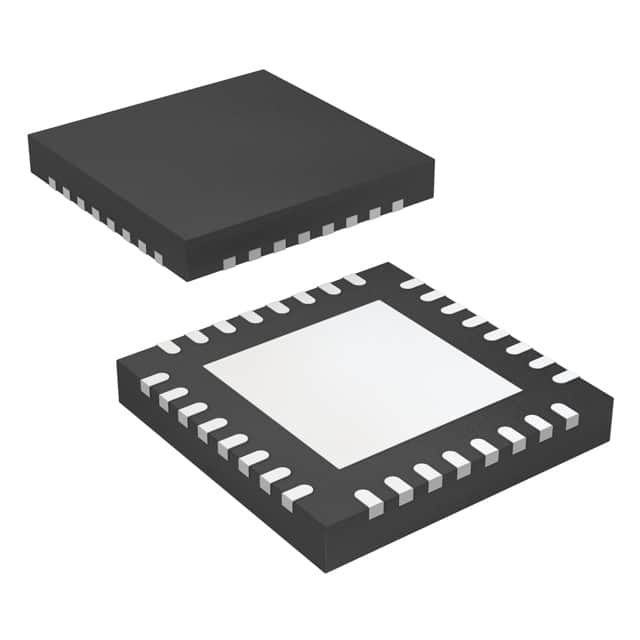 LMK00334RTVRQ1
LMK00334RTVRQ1Texas Instruments
-
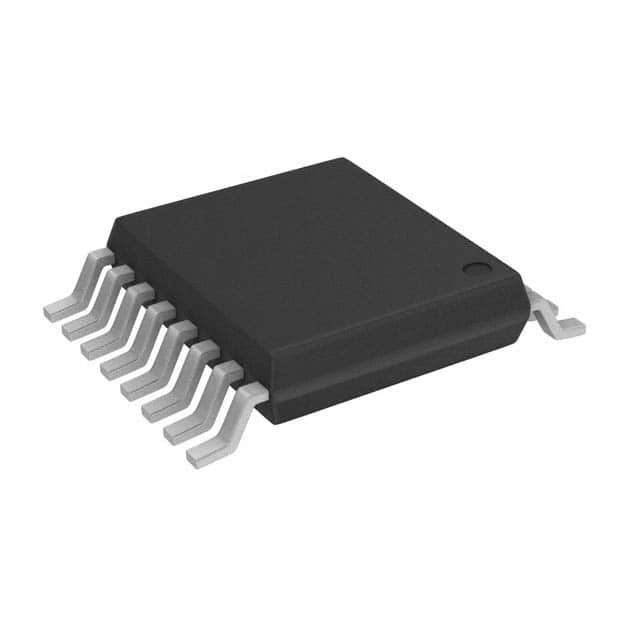 PI6C557-03LEX
PI6C557-03LEXDiodes Incorporated
-
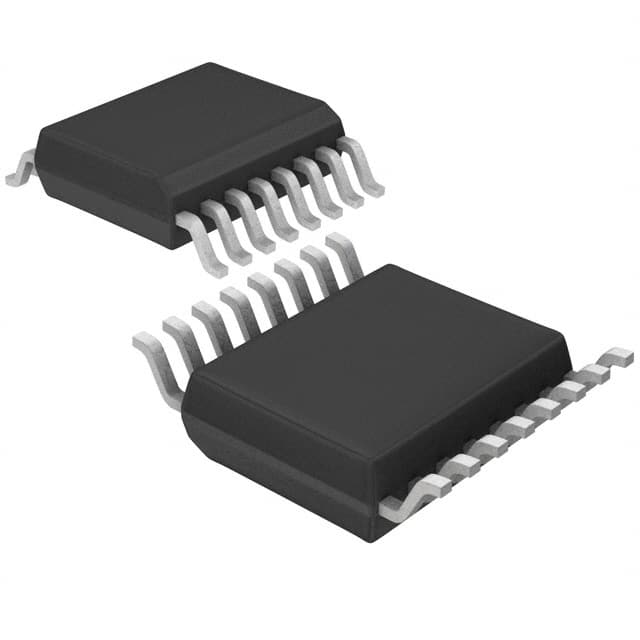 PCM1753DBQR
PCM1753DBQRTexas Instruments
-
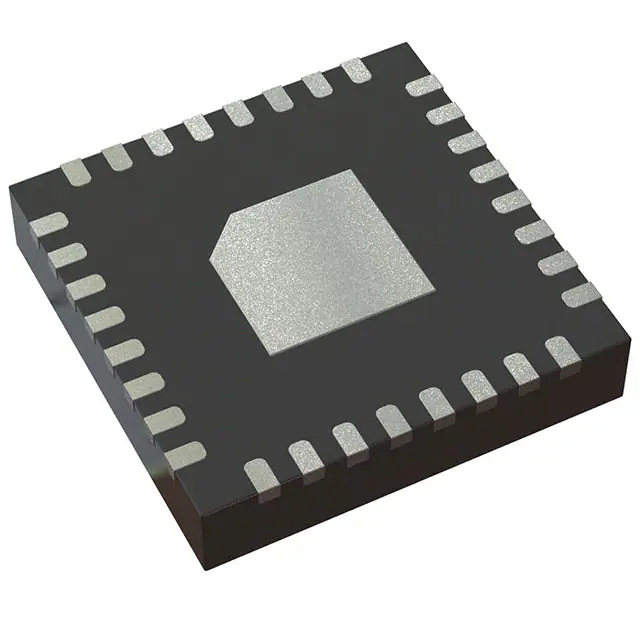 ADS1204IRHBT
ADS1204IRHBTTexas Instruments
-
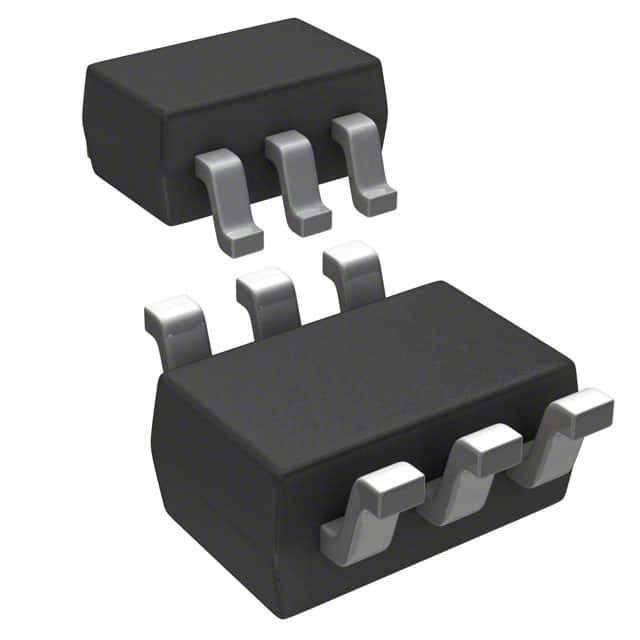 MCP4018T-104E/LT
MCP4018T-104E/LTMicrochip Technology
-
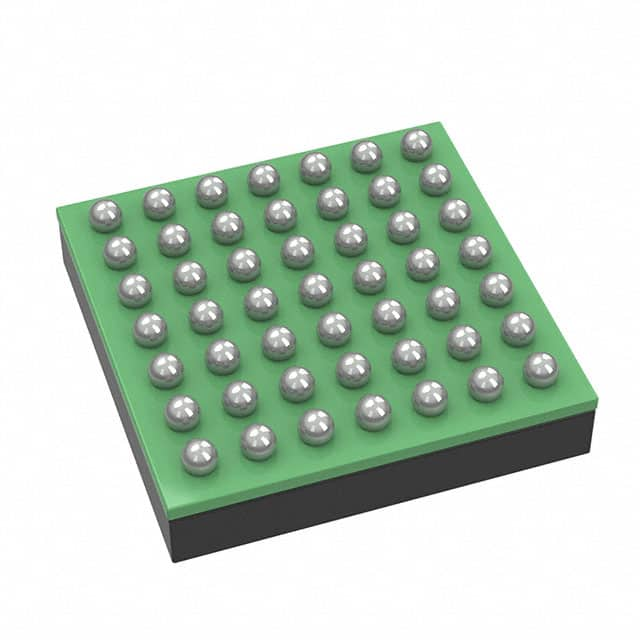 T4F49C2
T4F49C2Efinix, Inc.
-
.jpg) A40MX02-PLG44
A40MX02-PLG44Microchip Technology
-
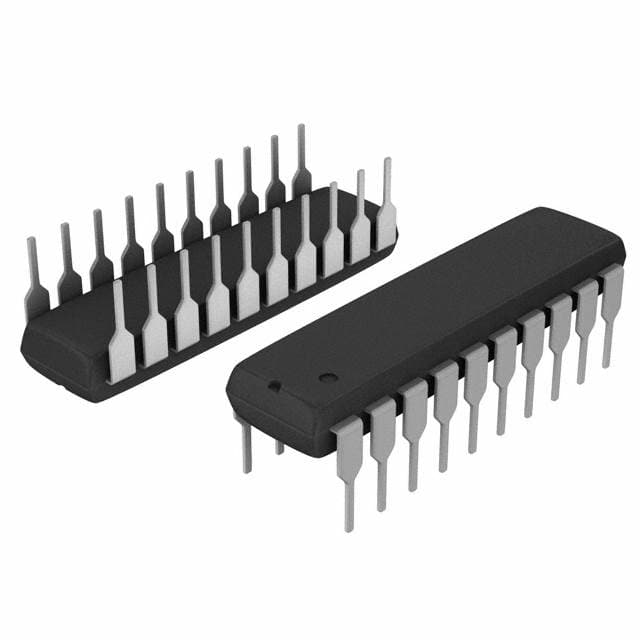 ATF16V8C-7PU
ATF16V8C-7PUMicrochip Technology
-
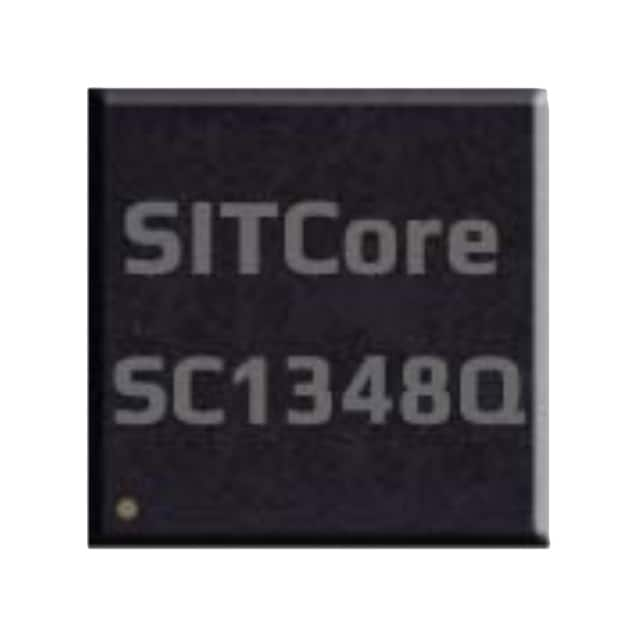 SC-13048Q-A
SC-13048Q-AGHI Electronics, LLC



